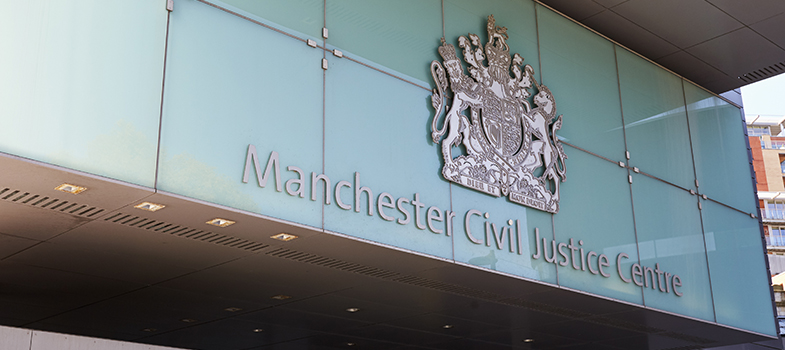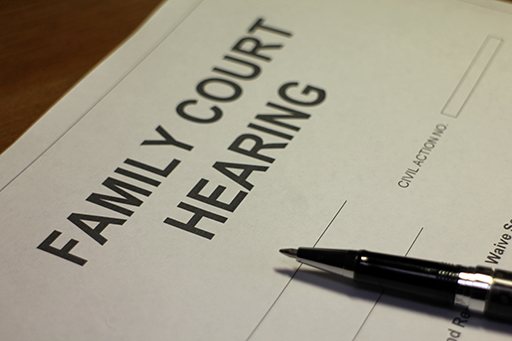5.5 Court hearings
First Hearing Dispute Resolution Appointment (FHDRA)
The first hearing will be attended by a Cafcass Court Advisor. The parents will not have met the court adviser before the first hearing. Ideally, there will have been a safeguarding letter sent to the parents and court at least three days prior to the first hearing, although it is not unusual for this deadline not to have been met and for clients to see it for the first time at the FHDRA.
On the day of the hearing, the Court Advisor will identify any outstanding safeguarding work, for example:
- Contacting the local authority
- Speaking to the parents to get an update on what has happened since the initial safeguarding letter was written
- Speaking to the child independently.
The Court Advisor may even help parents try to reach an agreement at the court, if it is safe for the parties to do so. If agreement cannot be reached at the first hearing, the Court Advisor assists the Court to determine a safe way forward for the case. This may involve the preparation of a section 7 report, discussed in the section above.
Did you know?
Where neither parent represents the child’s views, the court can arrange for the separate representation of children through the appointment of a solicitor and a Guardian from Cafcass.
We are now going to consider our case study, the Smith / Johnson family. Jazmin Johnson and Steve Smith separated some months ago following an incident of domestic abuse. Jazmin moved into emergency accommodation with the couple’s daughter, Chloe and her son from a previous relationship, Jaden. Find out more about the Johnson/Smith family [Tip: hold Ctrl and click a link to open it in a new tab. (Hide tip)] and their situation.
Activity 4
Dispute Resolution Appointment (DRA)
This is a subsequent hearing in a family case involving children, usually after receipt of a further piece of information such as the section 7 report from Cafcass. The court will identify and hopefully narrow the issues, and will try and encourage the parties to resolve the matter.
Cafcass do not attend the Dispute Resolution Appointment, unless it is ordered to do so by the court. This is because this hearing is usually just for the benefit of the court to work through what it needs to do.
Final Hearing
As the name suggests, this is the final hearing of the case. The judge or magistrates will consider all of the available evidence. This will include evidence provided by the parties and any relevant Cafcass report. The court will assess the available evidence and come to a final decision based on what they believe is in the best interests of the child(ren).
The Cafcass Court Advisor who wrote the section 7 report will attend a final hearing because there is enough space and time to give evidence. They will give evidence about the recommendations in the report and can be questioned by either parent or the court.
Did you know?
If you want to find out further information about Cafcass, please see the following websites:
Give your opinion
How would you rate your understanding of Cafcass after completing this module? Submit your answer.
5.4 Section 7 reports

